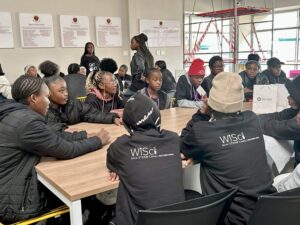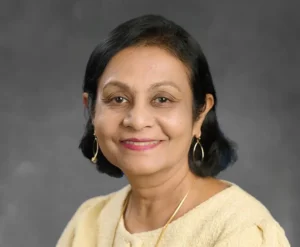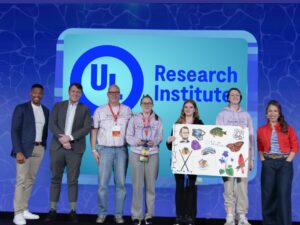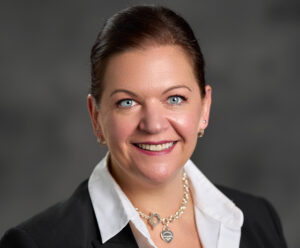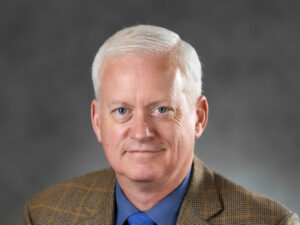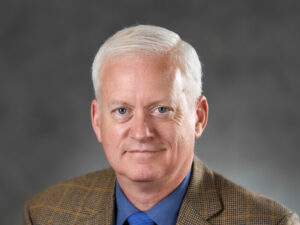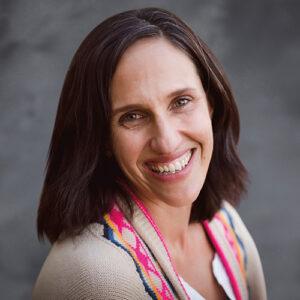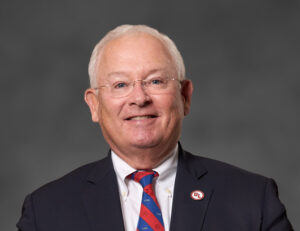When Science and Service Intersect: A Journey to Illuminate Lives
By Judy Jeevarajan, vice president and executive director, ULRI’s Electrochemical Safety Research Institute
When I first heard about Watts of Love and their mission to bring solar-powered lights to communities living in extreme energy poverty, I was intrigued. But it wasn’t until I traveled to Malawi with the UL Research Institutes team that I truly understood the profound impact of light — and the science behind it — on human lives.
A mission aligned with global goals
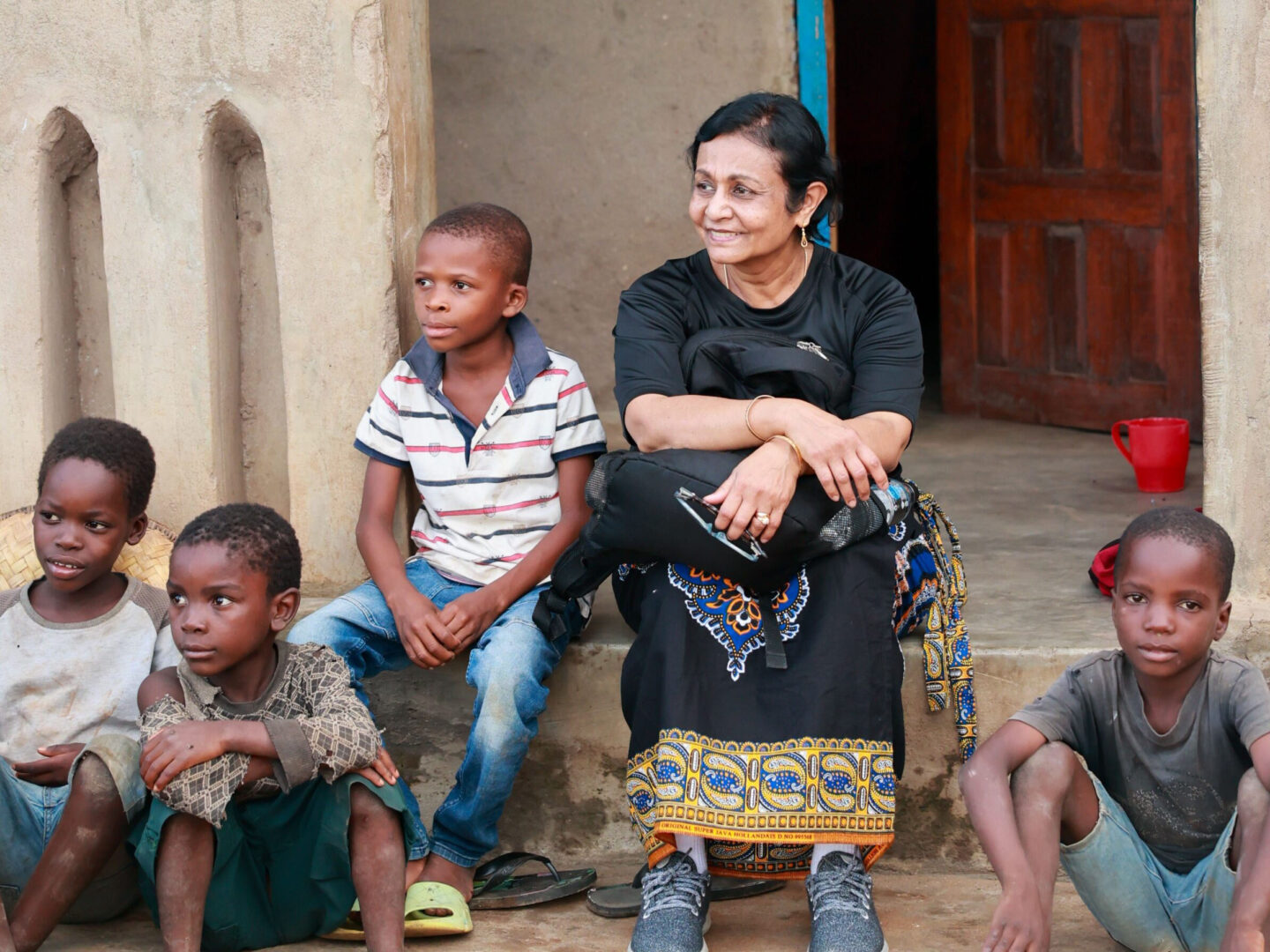
As a scientist, I’ve long been committed to the United Nations Sustainable Development Goals, particularly Goal 7: ensuring access to affordable, reliable, sustainable, and modern energy for all. In Malawi, I saw this goal in action. The solar lights distributed by Watts of Love are not just tools for illumination, they are catalysts to eradicate poverty, and promote good education, strong health, climate resilience, and empowerment for all.
Powered by lithium-ion batteries with the use of solar panels that draw energy from the sun, these lights reduce reliance on dangerous fuels like kerosene; lower fire risks; and enable families to redirect their limited resources toward education and entrepreneurship. They serve as a vital gateway to meaningful opportunities.
In Malawi, our focus was to understand how these lights are used, assess battery performance in harsh environments, and explore ways to enhance their safety and sustainability. During our visit, we met Frank, a local repair technician whose remarkable ingenuity in salvaging and repurposing batteries — despite having no formal training — was truly impressive. However, Frank was bypassing battery management systems, which are critical safety features, to keep lights and phones functioning. Though well-intentioned, this practice can lead to fires and other hazards. I had the opportunity to share safety tips with him and discuss safer alternatives, including how to reset rather than bypass protective circuits.
This interaction underscored the importance of education and the need for scalable, community-based battery safety, repair, and recycling programs. It also highlighted the role scientists can play in empowering local innovators with knowledge and tools to improve safety and sustainability.
A circular vision for energy
One of the most compelling aspects of this work is the potential for circularity. We’re not just delivering energy — we are teaching communities how to use it safely, how to extend the life of their devices, and how to recycle components responsibly. In a country where batteries are often buried in farmland and toxic chemicals seep into the soil, this education is urgently needed to prevent lasting environmental harm.
We’re exploring ways to partner with local universities to develop recycling programs and train students in battery regeneration. These students, many of whom had never seen the rural conditions we visited, are eager to learn and lead. With the right support, they can become the next generation of clean energy entrepreneurs.
A personal awakening
The trip was eye-opening in every sense. I was struck by the contrast between the natural beauty of Malawi — lush landscapes, vibrant flowers, and fluttering butterflies — and the darkness that descends each night due to lack of electricity. I saw power lines that never reach homes because families can’t afford the connection. I saw the resilience of women who, with a single light, start businesses, protect their children, and send them to school.
This experience reminded me that science is not just about innovation — it’s about impact. It’s about using our knowledge to solve real problems, in real communities, with real people.
Lighting the path forward
At UL Research Institutes, we are committed to using science to make the world a safer place. Our partnership with Watts of Love is a powerful example of how research, when paired with compassion and collaboration, can transform lives.
From improving battery design to supporting local recycling initiatives, there is so much more we can do. And we invite others — scientists, engineers, educators, and advocates — to join us in this mission.
Because when energy is safe, sustainable, and accessible, there is a brighter future for everyone.
PUBLISHED
Tags
